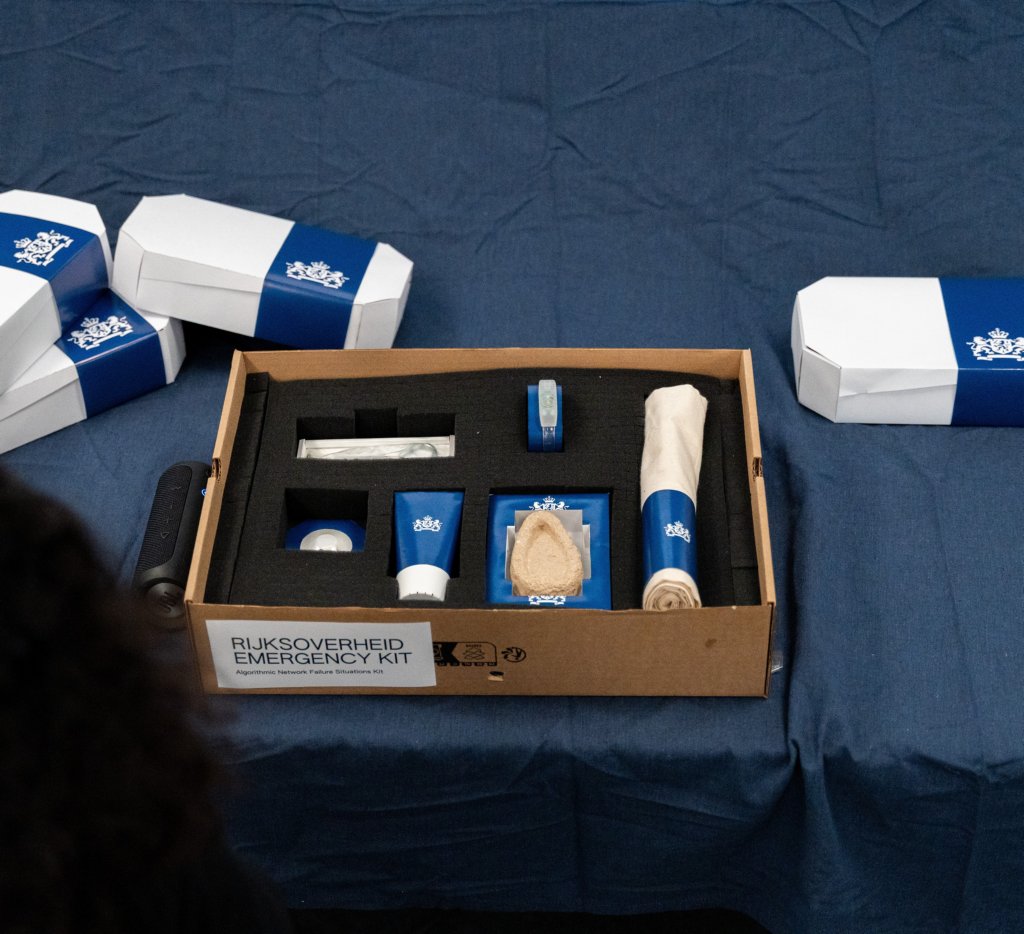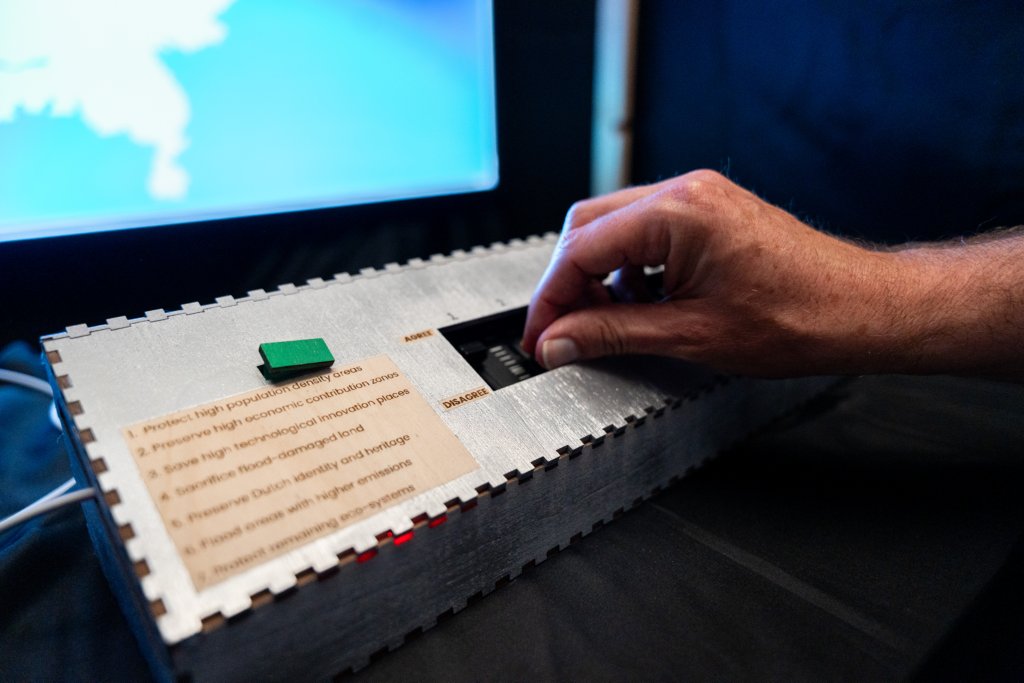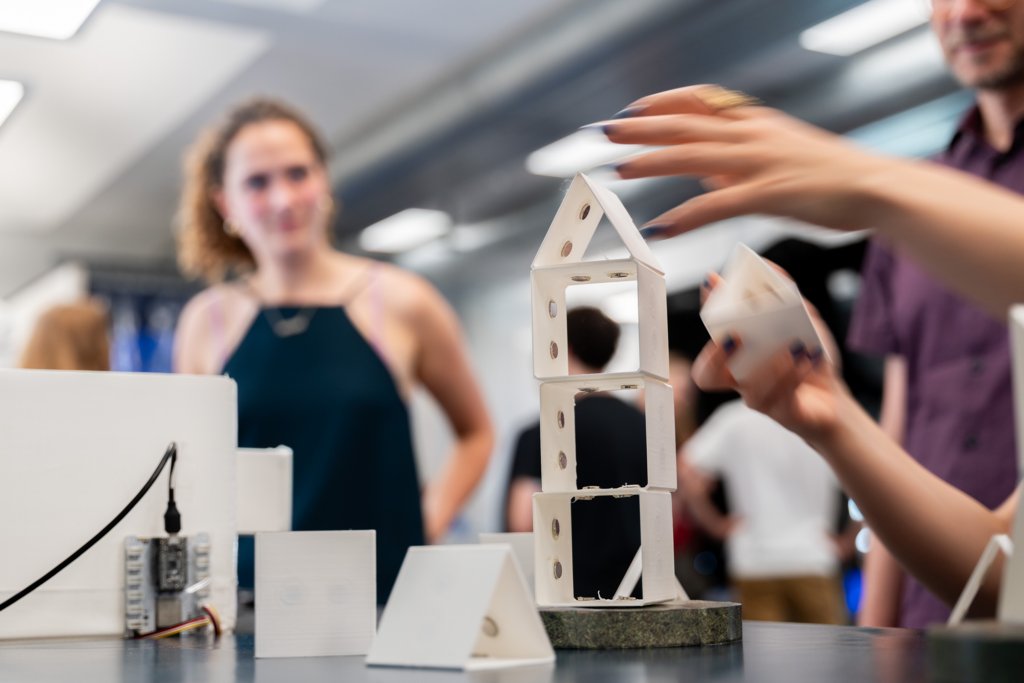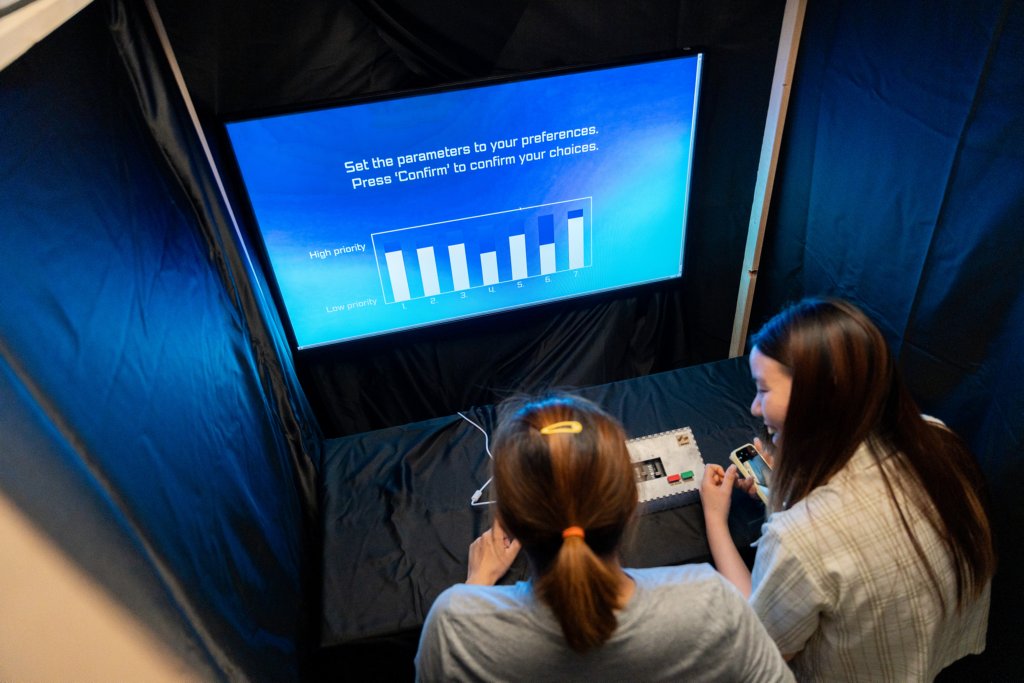The Dutch have a special relation with water. On the one hand, water is crucial for their thriving agriculture, the ability to move goods across the country, and for all organic life to flourish. On the other hand, water presents risks and dangers to infrastructure and living beings, an existential threat with unthinkable consequences. When confronted with this duality, people tend to express strong trust in the government and a deep belief that science and technology, engineering and policy, will allow the country to stave off the worst impacts of climate change. But is this position realistic?
How can we open up a broad yet situated conversation about the future possibilities implicated in living with and managing water?
The Water Future projects are the result of a 20-week Speculative Design Studio, part of the Design for Interaction (DfI) master’s programme at TU Delft where futures thinking are combined with design making. Students grounded their speculations in research in context (OverIjssel), and applied different futuring techniques to create a variety of plausible future scenarios. Prototypes bring the futures to life by using interactive technologies (Arduino microcontrollers) that invite the public into future worlds and engage with questions such as: how will living with water look and feel in 2040? How will everyday life change to adapt to rising seas, storm surges or routine flooding of rivers? How will we make decisions about water management? And what kind of tensions need to be surfaced now, in order to allow the public to better prepare for tomorrow?
All the Water Futures projects assume that despite the best intentions of Dutch engineers, massive floods are inevitable. Instead of asking how floods can be prevented, we question our ability to live with flooding cycles.
Ballots for the Basin asks whether local residents will have the courage to vote for flooding their own region.
High & Dry asks whether publics from opposite cultural and economic backgrounds will be able to collaborate when rebuilding their town.
Futility Kit for a Flooded Future asks whether the trust citizens place in the government’s disaster response is justified.
The projects invite the public to consider the inevitability of major flooding, and ask whether the Netherlands is doing enough to prepare.




